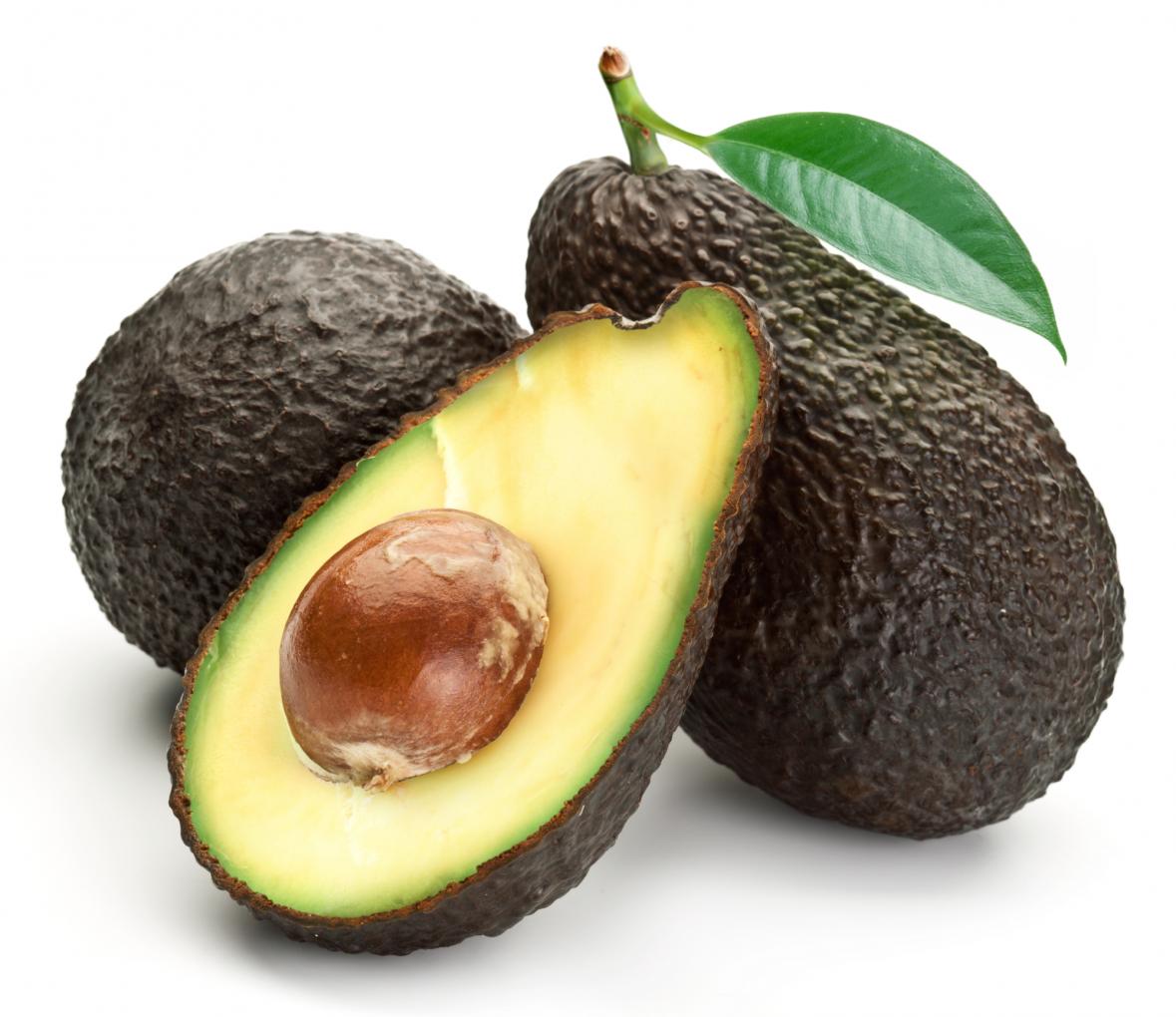The congress will take place in Jalisco from 24-26 August 2016, at the Southern Region University Center (CUSUR) in Mexico and will bring together more than 500 stakeholders of the avocado industry.
San Jose, 22 August 2016 (IICA). Reducing economic losses related to the traditional method of testing when to harvest avocados could be possible with the implementation of a non-destructive system to determine the maturity of the fruit on the tree.

The methodology is a result of research carried out by the National Institute for Forestry, Agriculture and Livestock Research of Mexico (INIFAP), the Agriculture Research Service of the United States Department of Agriculture (USDA-ARS), and Agriculture and Agri-Food Canada (AAFC).
This research is part of the Fruit Tree Task Force of the Cooperative Program in Agricultural Research and Technology for the Northern Region (PROCINORTE), which is supported by the Inter-American Institute for Cooperation on Agriculture (IICA).
According to Jorge Osuna, INIFAP investigator, “using this method provides multiple benefits to the industry improves postharvest quality, reduces waste, improves the commercial outlook, and is helpful to regulators and inspectors.”
The method will be presented at the 4th Avocado Congress in Jalisco, which will take place from the 24-26 August 2016, at the Southern Region University Center (CUSUR) in Mexico.
This forum, which will be dedicated to all stakeholders in the avocado industry, will include technical presentations, commercial exhibitions, demonstration field visits and business meetings, for an audience of more than 500 people.
Representatives of the PROCINORTE’s Fruit Tree Task Force will participate in the congress with presentations entitled “Research for optimizing the avocado harvest” and “Identifying tree maturity for the avocado harvest.”
PROCINORTE is a network of national organizations for agricultural research in the three countries that make up North America: Canada, United States and Mexico. It supports agricultural trade with solid scientific principles and knowledge exchange in areas of tri-lateral importance.
More information: audia.barnett@iica.int www.procinorte.net











